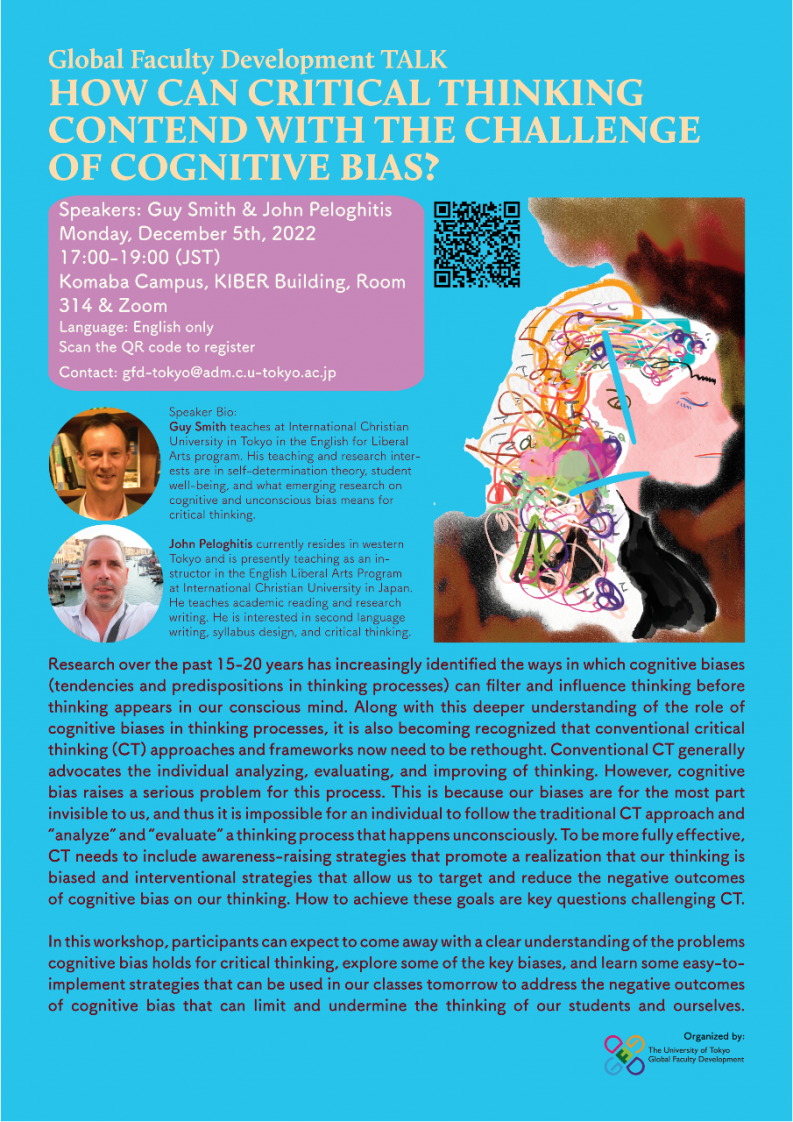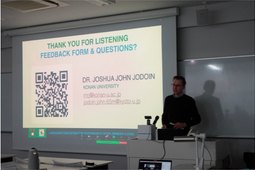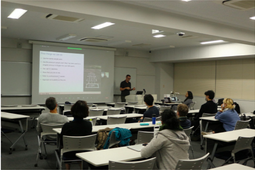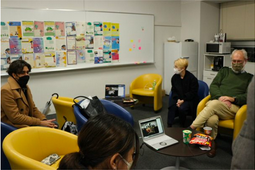
- TALK EVENTS
12.5 How Can Critical Thinking Contend with the Challenge of Cognitive Bias?
Event Details
Speakers: Guy Smith & John Peloghitis
Date: Monday, Dec 5th, 17:00-19:00
Venue: Komaba Campus, KIBER Building, Room 314
English only
*Japanese subtitles will be added later to the event recording.
Speaker Bio

Guy Smith
Guy Smith teaches at International Christian University in Tokyo in the English for Liberal Arts program. His teaching and research interests are in self-determination theory, student well-being, and what emerging research on cognitive and unconscious bias means for critical thinking.

John Peloghitis
John Peloghitis currently resides in western Tokyo and is presently teaching as an instructor in the English Liberal Arts Program at International Christian University in Japan. He teaches academic reading and research writing. He is interested in second language writing, syllabus design, and critical thinking
Abstract
Research over the past 15-20 years has increasingly identified the ways in which cognitive biases (tendencies and predispositions in thinking processes) can filter and influence thinking before thinking appears in our conscious mind. Along with this deeper understanding of the role of cognitive biases in thinking processes, it is also becoming recognized that conventional critical thinking (CT) approaches and frameworks now need to be rethought. Conventional CT generally advocates the individual analyzing, evaluating, and improving of thinking. However, cognitive bias raises a serious problem for this process. This is because our biases are for the most part invisible to us, and thus it is impossible for an individual to follow the traditional CT approach and “analyze” and “evaluate” a thinking process that happens unconsciously. To be more fully effective, CT needs to include awareness-raising strategies that promote a realization that our thinking is biased and interventional strategies that allow us to target and reduce the negative outcomes of cognitive bias on our thinking. How to achieve these goals are key questions challenging CT.
In this workshop, participants can expect to come away with a clear understanding of the problems cognitive bias holds for critical thinking, explore some of the key biases, and learn some easy-to-implement strategies that can be used in our classes tomorrow to address the negative outcomes of cognitive bias that can limit and undermine the thinking of our students and ourselves.





